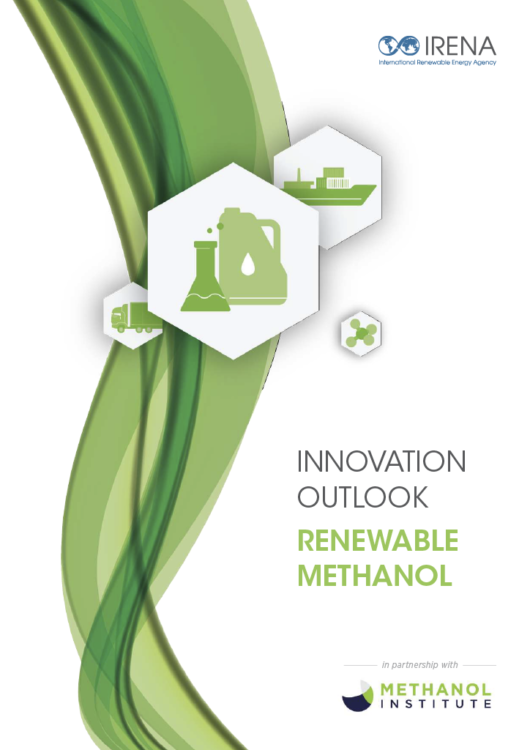The Methanol Institute (MI) has partnered with Finland’s GENA Solutions Oy on the development of a robust database of the biomethanol and e-methanol projects pipeline. As of November 2025, the database tracks 252 renewable methanol projects globally, with a total announced anticipated capacity of 45.1 Mt by 2030. The total projected capacity of all e-methanol projects is 21.8 Mt by 2030, while the total capacity of all biomethanol projects is 23.3 Mt, respectively.
In addition to the announced renewable methanol projects, the database also tracks another 18 low-carbon or “blue” methanol production projects and totaling 11.2 Mt of capacity by 2030. Total renewable and low-carbon methanol project pipeline composes 56.3 Mt by 2030.
Considering barriers and challenges in project development, renewable methanol capacity will likely be in the range of 6-13 million tons by 2030 (13-29% of the project pipeline).
In the methanol industry, GENA has conducted studies on over 500 renewable and fossil fuel plants and projects globally. The analysis methodology involves a diligent examination of technologies, material balances, costs, emissions, schedules, commercial, and financial strategies for every facility within the comprehensive database. The project statistics encompass projects from pre-feasibility to operational stages, excluding closed or frozen projects, as well as concept-stage projects.

Technical Knowledge Webinar on Green Hydrogen and Green Methanol
Organized by MI, NSEFI and IWPA, this webinar includes plenary sessions on the different facets of producing green hydrogen through green methanol, methanol as a hydrogen carrier and other applications of green methanol followed by Q&A session with industry experts from around the world. The webinar gives a platform to gain insights, learn about solutions and explore potential opportunities for collaboration on clean energy projects in India.
MI and IRENA Release Joint Report on Renewable Methanol
Methanol is essential for the chemical industry and represents an emerging fuel for a wide range of uses. Although largely produced from fossil fuels, it can also be made from sustainable, renewable-based energy sources. This outlook from the International Renewable Energy Agency (IRENA) and the Methanol Institute identifies challenges, offers policy recommendations and explores ways to produce renewable methanol at a reasonable cost.


